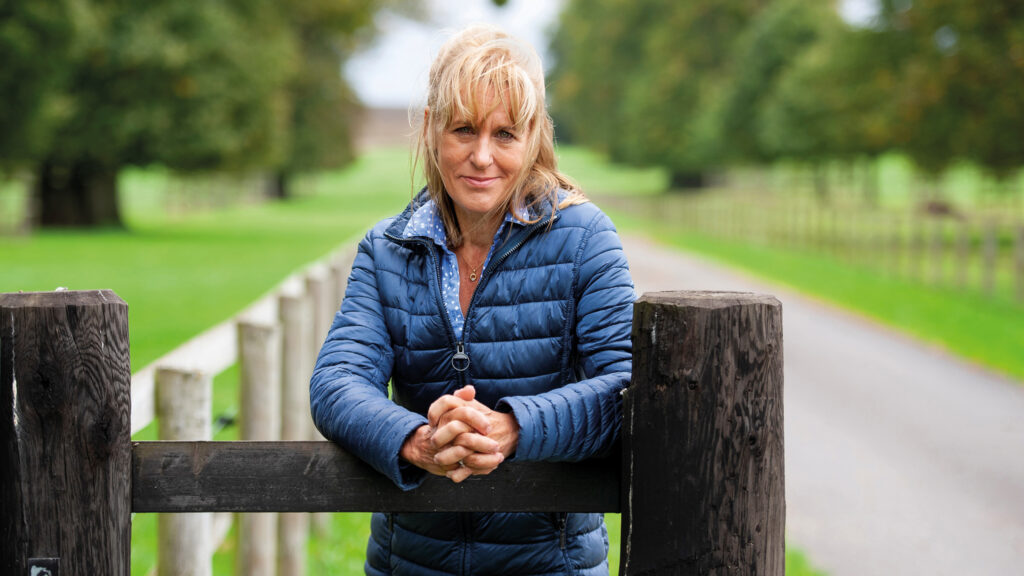Editor’s View: Will Batters push for food production targets?
 © NFU
© NFU “You can have as many people and as much money as you want, as long as we don’t run out of food,” read the text message that flashed up on the mobile phone of Minette Batters.
Not the mandate she was given from Steve Reed as she starts her new job as Defra’s consultant on farm profitability, but the message from a panicking minister to the then NFU president in the early days of Covid.
In her speech a few weeks ago to the Royal Agricultural Society of England (Rase) – what remains of the charity that used to run the Royal Show – Baroness Batters said that the government has not truly taken food security seriously since the beginning of the 2010s.
See also:Minette Batters to lead Defra farm profitability review
That was when the spiralling cost of wheat was one of the contributors to the Arab Spring, a major period of unrest in the Middle East.
And once that was no longer top of the foreign policy agenda, interest again evaporated, as it did following the early days of the Covid pandemic.
While her mandate is to focus on farm profitability, rather than food security specifically in her six-month role, there is clearly an overlap between the two that Baroness Batters may well want to prod ministers into considering.
Her speech to Rase went on to note that a key reason the government pays less heed to food production than the environment is that, while there is an abundance of targets for the latter, there are none for the former – and that needs to change.
That explains actions such as the decision to ban neonicotinoids (an EU-wide imposition) without working to mitigate the consequences – an enormous drop in domestic production of rapeseed, the UK’s most popular edible oil.
Instead, production has been offshored without tariffs on imports, much support for alternative methods of pest control, more resilient plants, or the declining profitability of the overall arable sector.
Indeed, it is only now, a decade on from the EU-wide neonicotinoid ban, that the first rapeseed variety with traits to mitigate against flea beetle risk has made it onto the AHDB Recommended List – a topic we’ll examine in detail next week.
Buyers of farming output frequently like to make doom-laden predictions of a loss of “critical mass” – a warning that a whole supply chain, such as rapeseed oil, may fold if a minimum viable flow of product cannot be maintained. In this case, these warnings are well-founded.
Sometimes, I think they are just veiled complaints by processors and retailers who are feeling aggrieved that scarcity of a product has meant they have to pay farmers more for it.
Promoting profitability will be difficult to do without meddling in the mucky business of supply and demand, something that Defra (and devolved governments) in this era are very reluctant do to as it’s expensive and prone to unforeseen consequences.
If Minette (as she is still universally known) achieves nothing more than to get the government to be honest as to the limits of its ambition here, it will have been worthwhile.
As it is, I suspect the message is “you can have a few people, and a small salary, if you don’t make trouble”.

